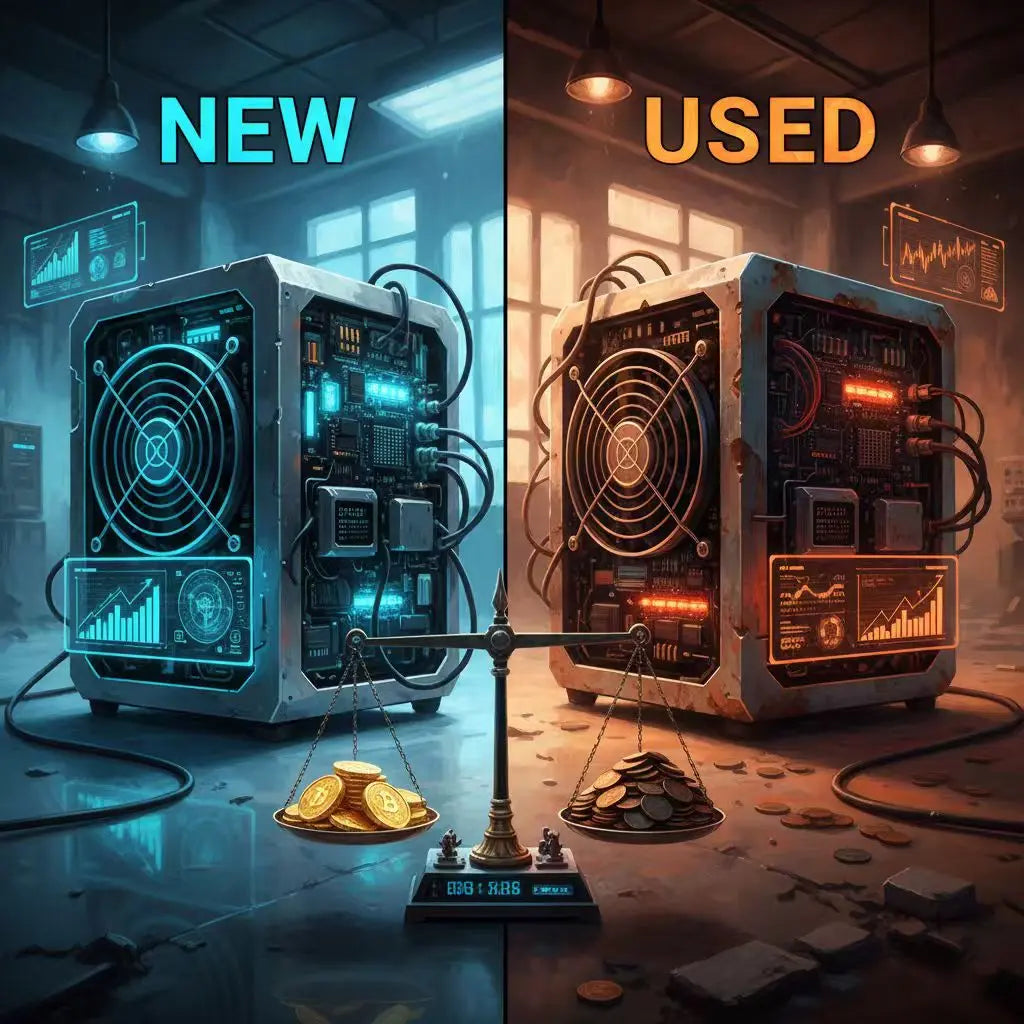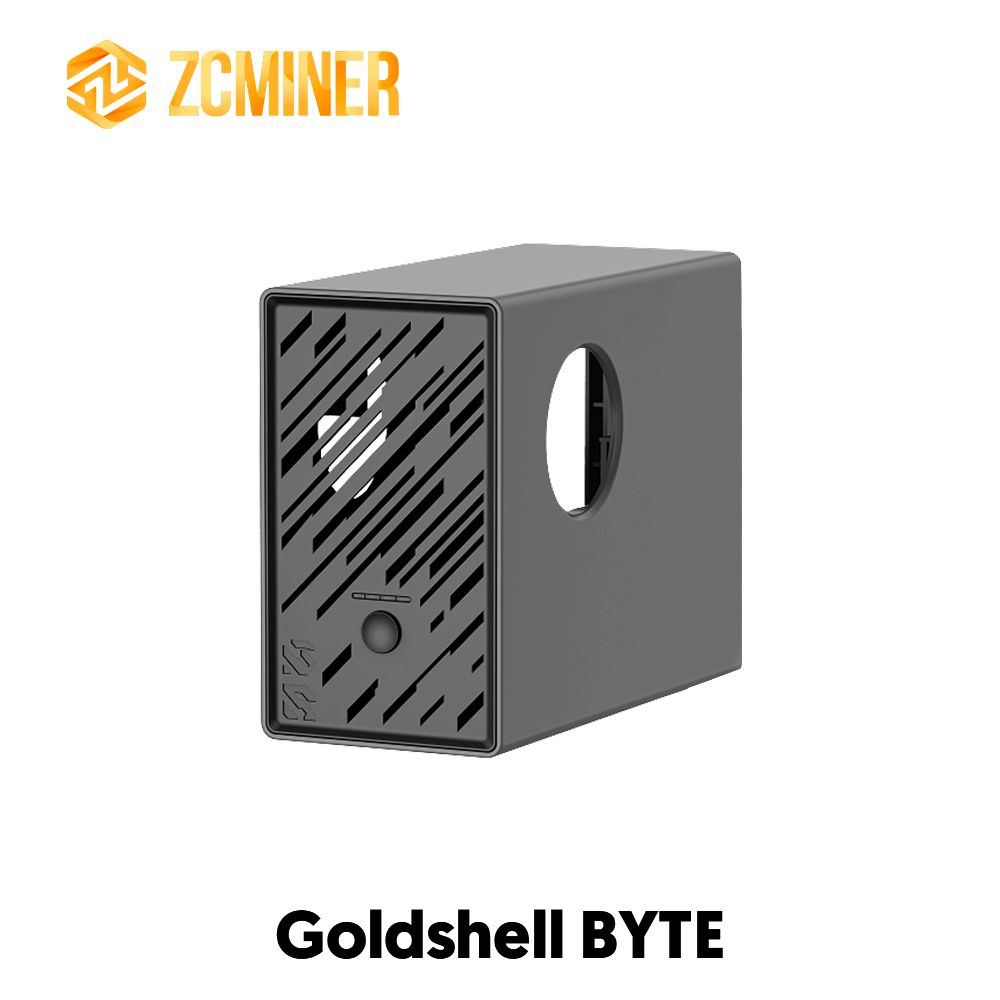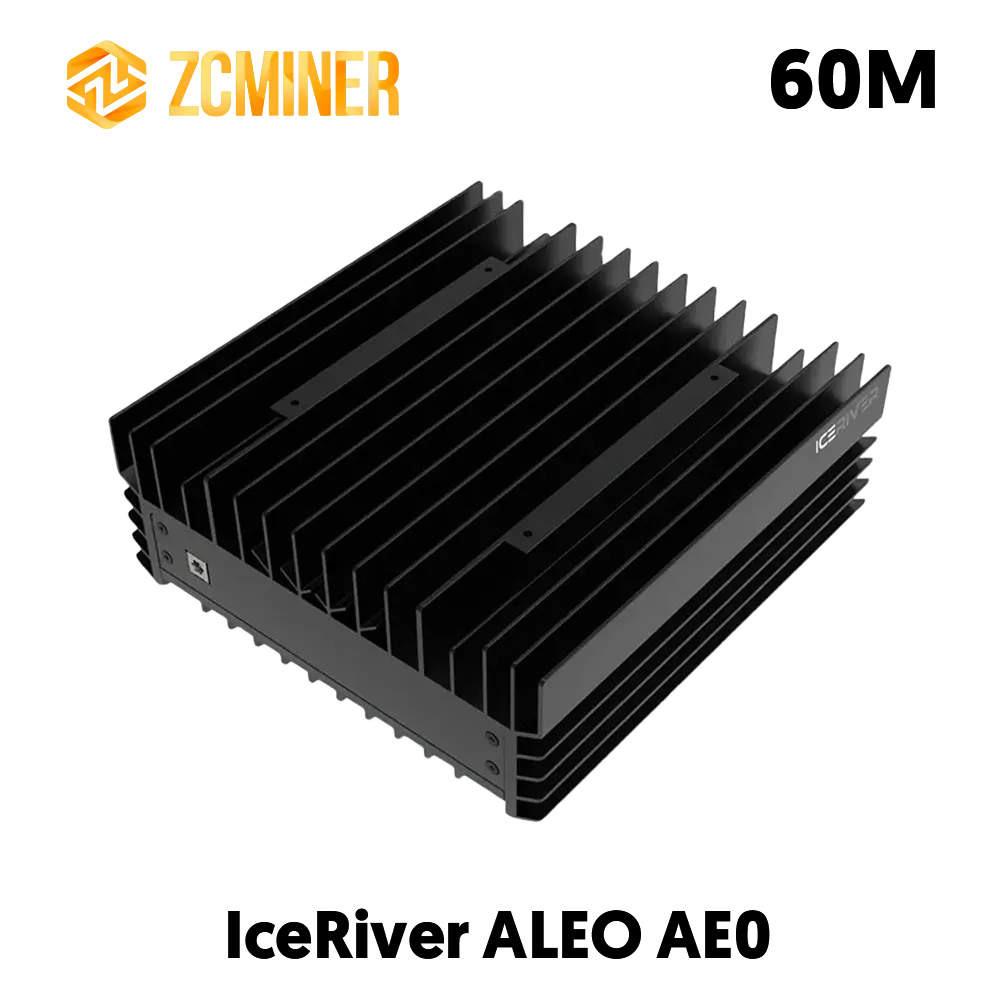Bitcoin (BTC) and Bitcoin Cash (BCH) are two of the most well-known cryptocurrencies, both born from the same origin but developed with very different goals. For smart investors, understanding these differences is critical when deciding where to place your money. This guide provides a clear comparison of Bitcoin vs Bitcoin Cash, covering history, technology, adoption, security, price performance, mining, community, and future potential.
History and Origin: The Split That Created Bitcoin Cash
Bitcoin was launched in 2009 by Satoshi Nakamoto as the first decentralized cryptocurrency. It quickly gained traction as “digital gold,” enabling peer-to-peer transactions without banks. However, its 1 MB block size limited scalability, causing slow transactions and high fees.
By 2016–2017, the Bitcoin community was divided:
-
One side wanted Bitcoin to remain small, secure, and focused on being a store of value.
-
The other side wanted larger blocks to support faster, cheaper everyday payments.
This debate led to the 2017 hard fork, creating Bitcoin Cash (BCH) with 8 MB blocks (later 32 MB) to allow faster and cheaper transactions. Since then, BTC and BCH have followed separate paths:
-
Bitcoin (BTC): A secure, limited-supply asset seen as digital gold.
-
Bitcoin Cash (BCH): A scalable, low-fee cryptocurrency designed for daily payments.
Technology Comparison: Block Size, Speed, and Fees

| Feature | Bitcoin (BTC) | Bitcoin Cash (BCH) |
|---|---|---|
| Block Size | 1 MB (4 MB with SegWit) | 32 MB |
| Transactions/sec | 3–7 | Up to 100+ |
| Average Fees | $1–$10+ during congestion | <$0.01 per transaction |
| Confirmation Time | 10–60+ minutes | ~10 minutes (faster in practice) |
Investor Insight: BTC is better for long-term holding, while BCH is optimized for real-world spending.
Adoption and Real-World Usage

-
Bitcoin (BTC):
-
Most recognized cryptocurrency worldwide.
-
Supported by major companies (e.g., PayPal, Microsoft).
-
Adopted as legal tender in El Salvador (modified in 2025 to voluntary acceptance).
-
Primarily used as an investment and store of value.
-
-
Bitcoin Cash (BCH):
-
Focused on fast, low-cost payments.
-
Accepted by select merchants, apps, and cross-border payment platforms.
-
More common in regions with limited banking access.
-
Wallets & Exchanges: Both BTC and BCH are widely supported on exchanges like Binance, Coinbase, Kraken and wallets such as Ledger, Trust Wallet, and Exodus.
Security and Network Strength

-
Bitcoin (BTC):
-
The most secure blockchain globally.
-
Protected by massive mining power and decentralization.
-
Near-impossible to hack; trusted for high-value transactions.
-
-
Bitcoin Cash (BCH):
-
Uses the same Proof of Work system as BTC.
-
Fewer miners, making it theoretically more vulnerable.
-
Still secure for everyday use but less battle-tested.
-
Investor Insight: For long-term large holdings, Bitcoin’s security advantage is significant.
Price History and Market Performance

-
Bitcoin (BTC):
-
Price grew from cents in 2009 to over $73,000 in March 2024.
-
Largest market cap and liquidity in crypto.
-
Viewed as a long-term investment and hedge against inflation.
-
-
Bitcoin Cash (BCH):
-
Launched in 2017, peaked near $4,000.
-
Has since remained between $100–$500 with high volatility.
-
Attracts risk-tolerant traders seeking short-term opportunities.
-
Mining Differences and Profitability
Both BTC and BCH use the SHA-256 Proof of Work algorithm:
-
Bitcoin: Highly competitive, requires expensive ASIC miners and large-scale setups. Mining rewards are high but so are costs.
-
Bitcoin Cash: Easier to mine with lower difficulty, but less profitable due to lower coin value.
Tip: Some miners switch between BTC and BCH depending on profitability (profit-switching).
Community and Developer Support
-
Bitcoin:
-
Largest and most active global community.
-
Conservative development approach prioritizing security.
-
Backed by institutions, media, and millions of investors.
-
-
Bitcoin Cash:
-
Smaller but passionate community.
-
Focused on usability, low fees, and payments.
-
More experimental with features like smart contracts (CashScript).
-
Future Potential and Roadmaps
-
Bitcoin (BTC):
-
Limited supply of 21 million coins drives scarcity value.
-
Increasing institutional adoption.
-
Layer-2 solutions (Lightning Network) aim to improve scalability.
-
-
Bitcoin Cash (BCH):
-
Targeting global payments and financial inclusion.
-
Expanding in regions with limited banking access.
-
Development on smart contracts, privacy, and mobile wallets.
-
Which Is the Smarter Investment?
-
For Beginners: Bitcoin is safer due to its stability, recognition, and liquidity.
-
For Traders: Bitcoin Cash offers volatility and low fees, making it attractive for short-term plays.
-
For Long-Term Investors & Institutions: Bitcoin is the clear winner as a proven store of value.
-
For Real-World Payments: Bitcoin Cash shines with speed and affordability.
Many savvy investors hold both BTC and BCH: BTC for long-term value and BCH for practical use.
Conclusion
Bitcoin and Bitcoin Cash share the same roots but solve different problems:
-
Bitcoin (BTC): Digital gold, long-term store of value, institutional favorite.
-
Bitcoin Cash (BCH): Digital cash, fast and cheap for everyday transactions.
Your investment choice depends on your goals—stability and value growth (BTC), or usability and adoption as money (BCH). A balanced portfolio might include both.











Leave a comment
This site is protected by hCaptcha and the hCaptcha Privacy Policy and Terms of Service apply.